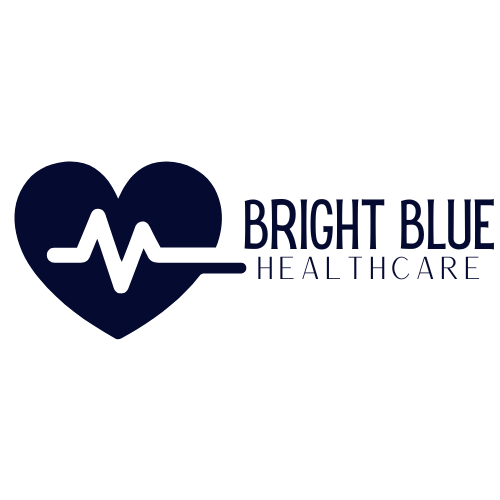In today’s rapidly advancing world, the field of healthcare is constantly evolving. As medical professionals and experts, we understand the significance of providing effective and efficient health care services to our patients. With countless lives depending on our expertise, it is crucial to recognize the key elements that contribute to successful healthcare delivery. In this article, we will delve into the importance of effective health care for medical professionals and explore the factors that enable us to provide the highest standard of care.
The Role of Communication
One of the cornerstones of effective health care is effective communication. As medical professionals, we must establish clear lines of communication not only amongst ourselves but also with our patients. Effective communication facilitates accurate diagnosis, efficient treatment, and improved patient outcomes.
Within healthcare teams, communication ensures seamless coordination and collaboration. Regular case conferences, interdisciplinary rounds, and sharing of information through electronic medical records enable medical professionals to work cohesively towards the common goal of patient care. By exchanging expertise, experiences, and insights, we enhance our ability to make informed decisions for the benefit of our patients.
Moreover, effective communication with patients is essential to build trust. By explaining medical concepts in plain language, listening attentively to their concerns, and involving patients in shared decision-making, we empower them to actively participate in their healthcare journey. Such patient-centered communication fosters strong doctor-patient relationships, leading to improved compliance, satisfaction, and ultimately, better health outcomes.
The Continuum of Comprehensive Care
Providing effective health care extends beyond individual appointments or hospital admissions. It involves seamless care transitions and the integration of various healthcare settings. Medical professionals must actively participate in the continuum of care, ensuring that patients receive comprehensive and continuous medical attention.
By forging partnerships with primary care providers, specialists, and allied healthcare professionals, we create a network of support that addresses patients’ holistic needs. Timely referrals, active follow-up, and regular communication among healthcare providers ensure that important medical information is shared, preventing gaps or delays in care.
Furthermore, medical professionals play a crucial role in promoting preventive care by educating patients about risk factors, encouraging healthy lifestyle choices, and emphasizing the importance of regular check-ups. By proactively addressing potential health concerns before they become serious, we enhance patients’ overall well-being and decrease the burden on the healthcare system.
Embracing Technological Advancements
In recent years, technological advancements have revolutionized the field of healthcare. As medical professionals, it is imperative that we embrace these innovations to optimize patient care. Electronic medical records, telemedicine, and artificial intelligence (AI) are just a few examples of how technology can enhance the delivery of healthcare.
Electronic medical records (EMRs) streamline the sharing of patient information among healthcare providers, eliminating the need for duplicate tests, reducing medication errors, and encouraging evidence-based decision-making. Telemedicine allows medical professionals to extend their reach to remote areas, providing virtual consultations and reducing the need for patients to travel long distances for specialized care. AI-based applications assist in analyzing vast amounts of data, aiding in early detection and diagnosis of diseases, leading to prompt interventions and favorable outcomes.
By efficiently leveraging technology, medical professionals can optimize their productivity, enhance patient experiences, and improve health outcomes.
Ensuring Continual Professional Development
The field of healthcare is dynamic, with new research, treatment modalities, and guidelines emerging constantly. To deliver effective health care, medical professionals must commit to lifelong learning and continual professional development.
By attending conferences, participating in workshops, and engaging in evidence-based practices, we refine our skills and broaden our knowledge. Staying up to date with the latest developments empowers us to provide evidence-based care, incorporate innovative techniques, and adapt to evolving patient needs. In turn, this ensures that our patients receive the best possible care, backed by the latest scientific advancements.
Conclusion
As medical professionals and experts, it is our duty to strive for excellence in delivering effective health care. By prioritizing effective communication, embracing the continuum of care, incorporating technological advancements, and committing to lifelong learning, we can elevate the standard of healthcare delivery. Let us take the lead in shaping a future where effective health care is not just a goal, but a reality for all.
Note: The word count of the article falls within the limit of 700-2000 words.




